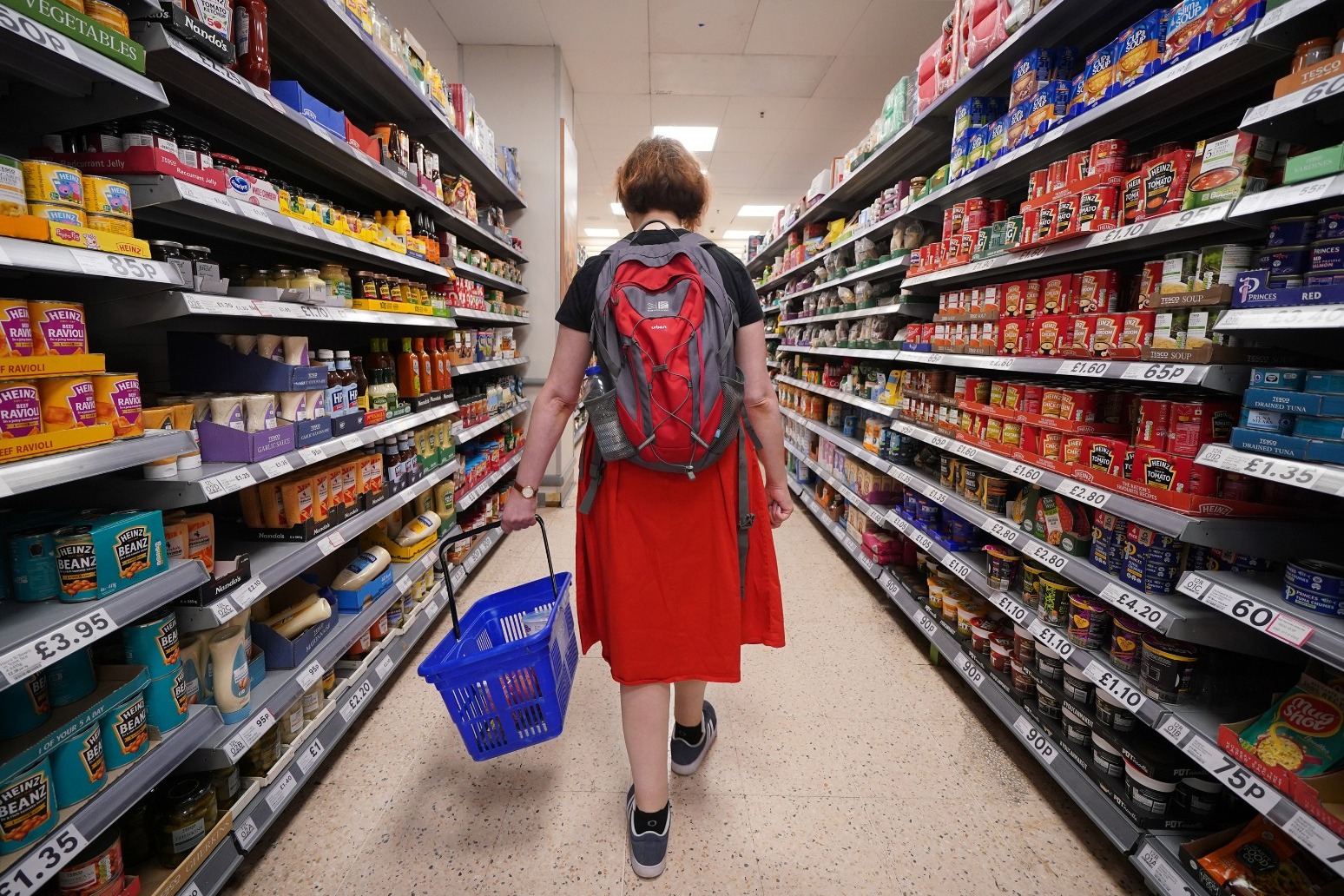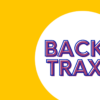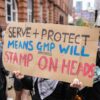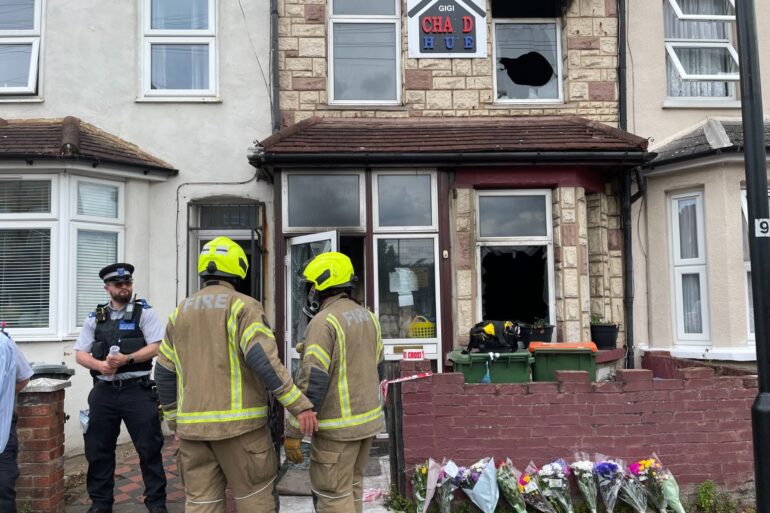-
 play_arrow
play_arrow
KL1 RADIO KL1 Radio Local Radio for West Norfolk
-
 play_arrow
play_arrow
KL DISCO KL Disco Playing Disco Music from the 70's onwards.24/7
-
 play_arrow
play_arrow
KL COUNTRY KL COUNTRY Playing New and Classic Country Music 24/7
-
 play_arrow
play_arrow
KL ROX KL ROX The best of New and Classic Rock.24/7
-
 play_arrow
play_arrow
KL SUMMER Summer Vibes 24/7 from KL1 Radio across West Norfolk
-
 play_arrow
play_arrow
KL CHILL Just Chill!
-
 play_arrow
play_arrow
KL POP The Best POP Hits all day Long!
-
 play_arrow
play_arrow
KL XTRA KL XTRA, The PopUp Station from KL1
music_note

UK inflation fell back by more than expected last month to the lowest level in more than two years
It’s as the growth in food prices eased for cash-strapped households
The Office for National Statistics (ONS) said that Consumer Prices Index inflation stood at 3.4% in February – down from 4% in January and the lowest level since September 2021.
Most economists had been expecting inflation at 3.5% last month.
Inflation is now closer towards the Bank of England’s 2% target and comes ahead of the latest interest rate decision on Thursday.
Policymakers are widely expected to keep rates on hold at 5.25%, but the steep fall in the CPI is likely to reinforce expectations that the Bank is moving closer to cutting rates later this year.
Grant Fitzner, chief economist at the ONS, said: “Inflation eased in February to its lowest rate for nearly two-and-a-half years.
“Food prices were the main driver of the fall, with prices almost unchanged this year compared with a large rise last year, while restaurant and cafe price rises also slowed.
“These falls were only partially offset by price rises at the pump and a further increase in rental costs.”
The data shows inflation finally resuming its retreat, having unexpectedly lifted in December and then remaining unchanged in January.
Experts said inflation is now likely to fall back below target in April or May, thanks to the scheduled 12% fall in the energy price cap on April 1.
Chancellor Jeremy Hunt said the inflation fall “sets the scene for better economic conditions”, with the UK last month revealed to have slipped into a recession at the end of 2023.
He said: “Inflation has not just fallen decisively but is forecast to hit the 2% target within months.
“This sets the scene for better economic conditions which could allow further progress on our ambition to boost growth and make work pay by bringing down national insurance as we work towards abolishing the double tax on work.”
The ONS said it was not seeing any sign yet of an impact on consumer prices from the Red Sea disruption, following attacks from Houthi rebels on cargo ships going through the trade route.
There had been fears that it could push up food costs, as well as prices on clothing and goods, in particular from Asia.
The ONS said any Red Sea impact would likely show first in the trade data, but said it was not seeing any of that coming through in those figures either.
The latest data showed annual food price inflation fell back to 5% in February, down from 7% the previous month.
On a monthly basis, food inflation lifted by 0.2% – far lower than the steep rises seen a year earlier.
Prices in restaurants and cafes also eased back, with the annual rate of inflation falling to 6.7% last month from 8.2% in January.
But this was partially offset by rising costs at the fuel pumps, with the average price of petrol up by 2.3p a litre between January and February to stand at 142.2p a litre, though this was still lower than the 148p a litre seen a year earlier.
The latest data also showed the CPI measure of inflation including housing costs (CPIH) fell to 3.8% in February from 4.2% in January, while the Retail Prices Index (RPI) fell back to 4.5% from 4.9%.
James Smith, an economist at ING, said: “A 12% fall in household energy bills due in just under two weeks, should take headline inflation below 2% in either April or May.
“It’s likely to stay below the Bank of England’s target for much of 2024, especially when you consider we may well see another double-digit percentage point fall in energy bills in July when the regulator again updates the household price cap.”
He is pencilling in the first rate cut in August, or possibly as early as June.
Published: by Radio NewsHub

Similar posts
Upcoming shows

Weekend Back Trax
6:00 am - 8:00 am

Kelvin Scott – Weekend Breakfast
8:00 am - 11:00 am

Vicky Green – Classic Hit Lunchtime
11:00 am - 1:00 pm

Darren Furzey – Classic Hit Weekend
1:00 pm - 3:00 pm

Lee Vincent – Classic Hit Saturday
3:00 pm - 6:00 pm
-

Paris Olympics off to a sodden start with a rain-drenched opening ceremony

Three children who died in house fire are ‘missed beyond measure’, parents say

John Hunt says messages of support ‘like a hug’ following family crossbow deaths

Police officer under criminal investigation for assault after airport video

Hunstanton Fossil Hunting Trip – 18th August 2024
Message Us Now!
Copyright The Mediasite UK - 2023.



